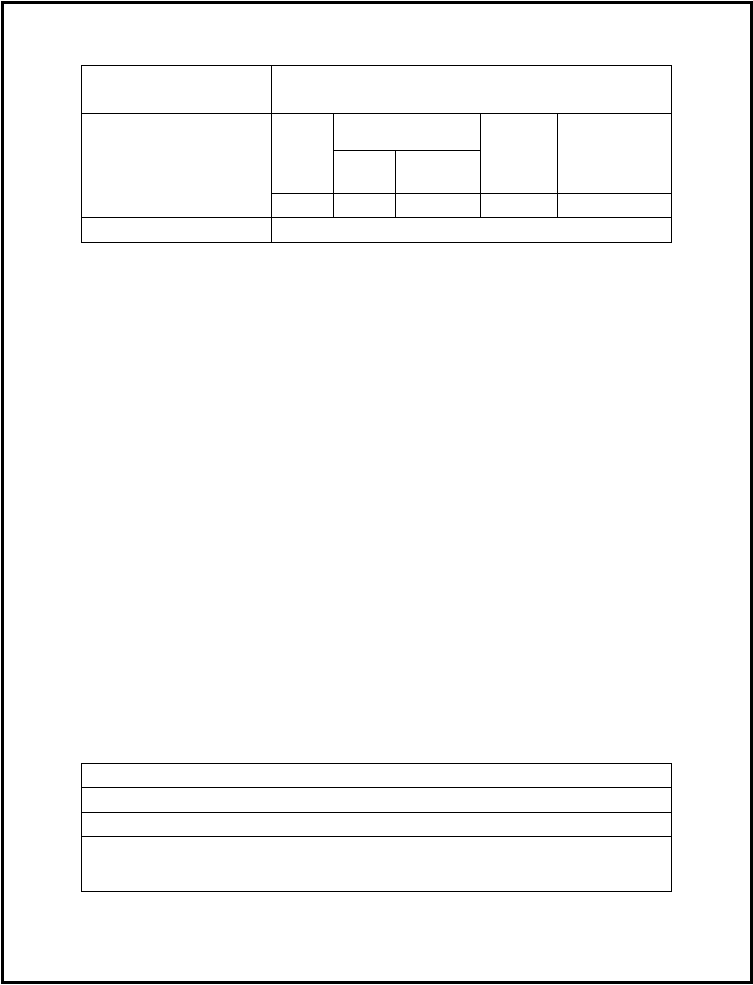
SAE J2735-Draft-Rev29 [issued: 12-11-08]
-
245 -
This is an SAE Motor Vehicle Council draft document of the DSRC committee, subject to change.
Hardware Devices:
DSRC radio
Positional and vehicle sensors
Human-Machine Interface
Occupant
Vehicle
System
Driver
Passenger
Service
Provider
Road
Department
Actors: (What entities play an
active role in use)
X
X
Support information:
CAMP-VSC Task 3 Report, 2003
Concept of Operations
DSRC communications is used to allow the turning vehicle to detect all equipped vehicles in the vicinity.
Furthermore, it allows the turning vehicle to receive the position, velocity, acceleration, and control
parameters, among others, for potential threat vehicles. The in-vehicle unit, based upon the host vehicle’s
left turn signal initiation (and/or possibly other control parameters such as steering wheel angle or yaw rate)
constructs a predicted travel path for the host vehicle and analyzes the received parameters for the
approaching vehicles . The unit also constructs expected future travel path for these vehicles. If this
analysis determines that a collision would be likely if the left turn movement is initiated, an appropriate
warning is issued to the driver
Sensors and Other System Needs
On-board sensors to determine the host vehicle’s intent to turn left, e.g., left turn signal or other control
parameters, may be required.
A map database could help to provide information about whether vehicles are in the vicinity of an
intersection. If lane resolution is possible, lane position of left-turning and opposite path vehicles can be
used in the algorithm, e.g., if a left-turning vehicle is in a left-turn pocket and the opposite path vehicle is in
a through lane, then the left-turn warning should actuate.
Annex C-6 Stop Sign Movement Assistance
Application Description
This application provides a warning to a vehicle that is about to cross through an intersection after having
stopped at a stop sign. This may prevent collisions with traffic approaching the intersection. In particular,
this application warns drivers when a collision is probable if the indicated start-from-stop is initiated.
Flow of Events
Flow of events
1.
Vehicle “A”, starting from stop, sends MSG_BasicSafetyMessage
2.
Vehicle “B” receives message
3.
Vehicle “B” recognizes that Vehicle A’s message is relevant and, per the message
information (e.g. location, speed, heading, acceleration, throttle position, etc.), that
trajectories of Vehicles “A” and “B” will likely intersect.

